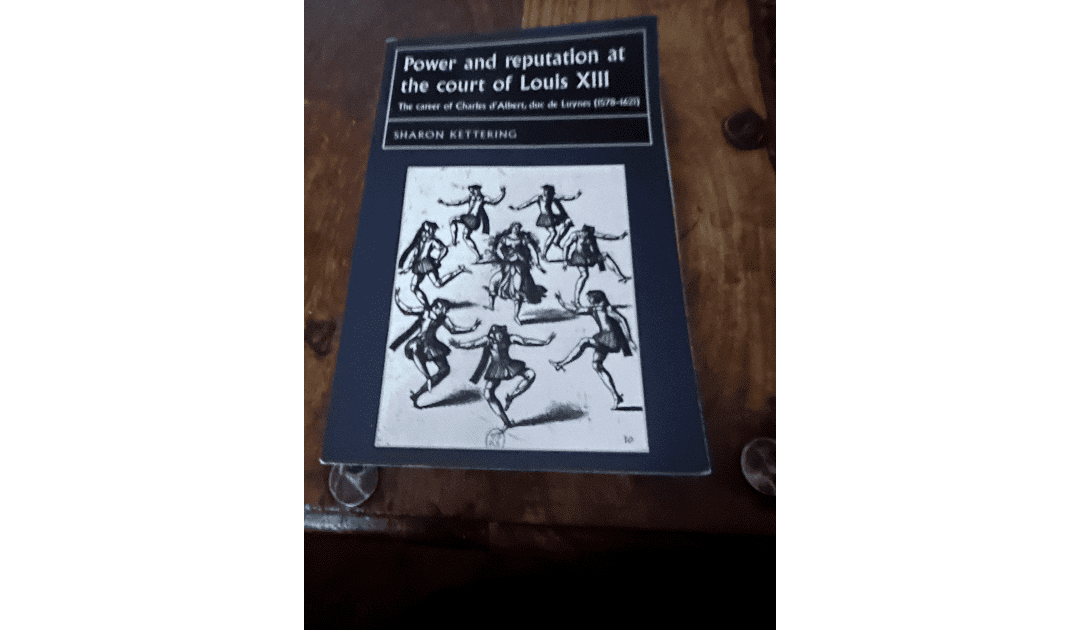I will come to Siri, but I’m going to start with Louis XIII. I have just finished reading Sharon Kettering’s biography of Charles d’Albert de Luynes. It has certainly changed the way I was thinking about my next book, the fifth in the Sir Anthony Standen Adventures. The stage is awash with conflict, which is always a good start.
The conflict between Luynes and Richelieu is now more nuanced and interesting than I had thought. The biography of Marie de Medici by Julia Pardoe cast Luynes as a villain, turning Louis against his mother. Kettering’s biography paints an entirely different picture, of an affable, consultative, caring favourite. Richelieu is the vindictive, power-hungry mastermind of old. Yet Elizabeth Marvick’s biography of Richelieu helps me empathise with him perhaps, or at least understand his motives and character traits. There is the conflict between virtually everyone and Concino Concini, the husband of Leonora, Marie’s favourite childhood friend. I’m struggling to find any sympathy for Concini.
So I have conflict in abundance. My main problem is how to condense it into a suitable timeframe. I don’t really want book five to stretch over decades. I think, on balance, that 1614 to 1617 is a reasonable period to cover. Now what has Siri got to do with it?
Vittorio Siri was an Italian-born Benedictine monk who published a fifteen volume history of European foreign affairs. He earned Mazarin’s patronage through his praise of Richelieu, and his successor Mazarin’s diplomacy. He managed to include only one reference to Luynes, which was derogatory. Siri seems a rather odd name for a virtual assistant. I wondered if there might be some connection to Vittorio Siri. I asked Siri where her name comes from, and she told me that it was just the name she was given when she got the job. She said that there wasn’t any reason for the name.
According to The Week, Siri dissembles. Siri is Norwegian for beautiful woman who leads you to victory. Dag Kittalaus had a company that developed speech recognition technology which he named Siri. He met Steve Jobs and Apple went on to buy Kittalaus’s company. Kittalaus argued that Siri is easy to say, and easy to spell. So there you have it!

